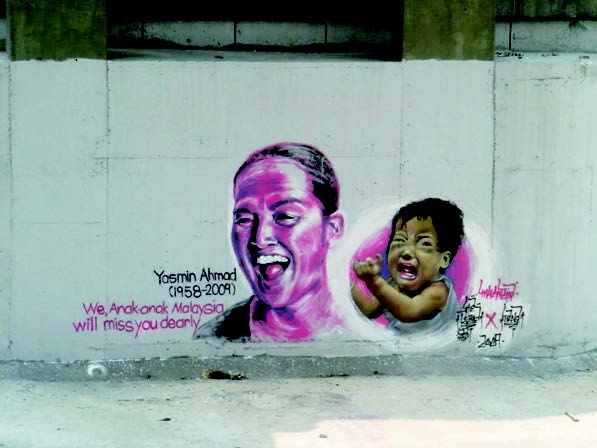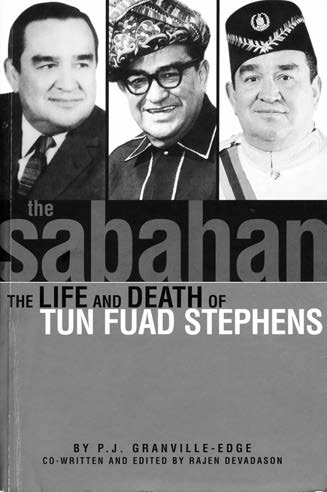- Project Leader : Yamamoto Hiroyuki (Center for Integrated Area Studies, Kyoto University)
- Collaborators : Sadayoshi Yasushi (Graduate School of Intercultural Studies, Kobe University)
- : Miyabara Gyo (Global Collaboration Center, Osaka University)
- : Okamoto Masaaki (Center for Southeast Asian Studies, Kyoto University)
- : Nishi Yoshimi (AIIC, Rikkyo University)
- : Shinozaki Kaori (Faculty of Foreign Studies, Kitakyushu City University)
- : Kuniya Toru (Faculty of International Communication, Aichi University)
- : Tsuboi Yuji (Faculty of Letters, Gakushuin Universiity)
- : Mitsunari Ayumi (Graduate School of Arts and Sciences, The University of Tokyo)
- : Kaneko Nao (Graduate School of Global Studies, Tokyo University of Foreign Studies)
Outline of Research
This project will hold its first meeting in July to discuss the peranakan concept in the cases of Chinese communities in Southeast Asian countries. The project will also hold a second meeting in November to discuss the peranakan concept in the cases of hybrids and foreigners in the Malay world. Finally the project will hold a third meeting in January 2011 to discuss the concept of peranakan with the findings of the above two meetings.
Description
This project takes peranakan, one of the people-grouping concepts in the Malay world, and attempts to develop the concept as a framework for people-grouping. Cosmopolitanism emerged in efforts to overcome the limitations of people-grouping with nationality and ethnicity which employs exclusive boundaries among people. But the cosmopolitanism which freed people from nativity assumes a self-reliance of people which not everyone is equipped to deal with. Peranakan shares a similarity with cosmopolitanism in that it does not emphasize the exclusive boundaries of people, yet it is different from cosmopolitanism because peranakan is based on a certain territory and hence has locality. It is expected that the concept of peranakan, which originated from Southeast Asia, will develop as a framework for people-grouping in the world.


